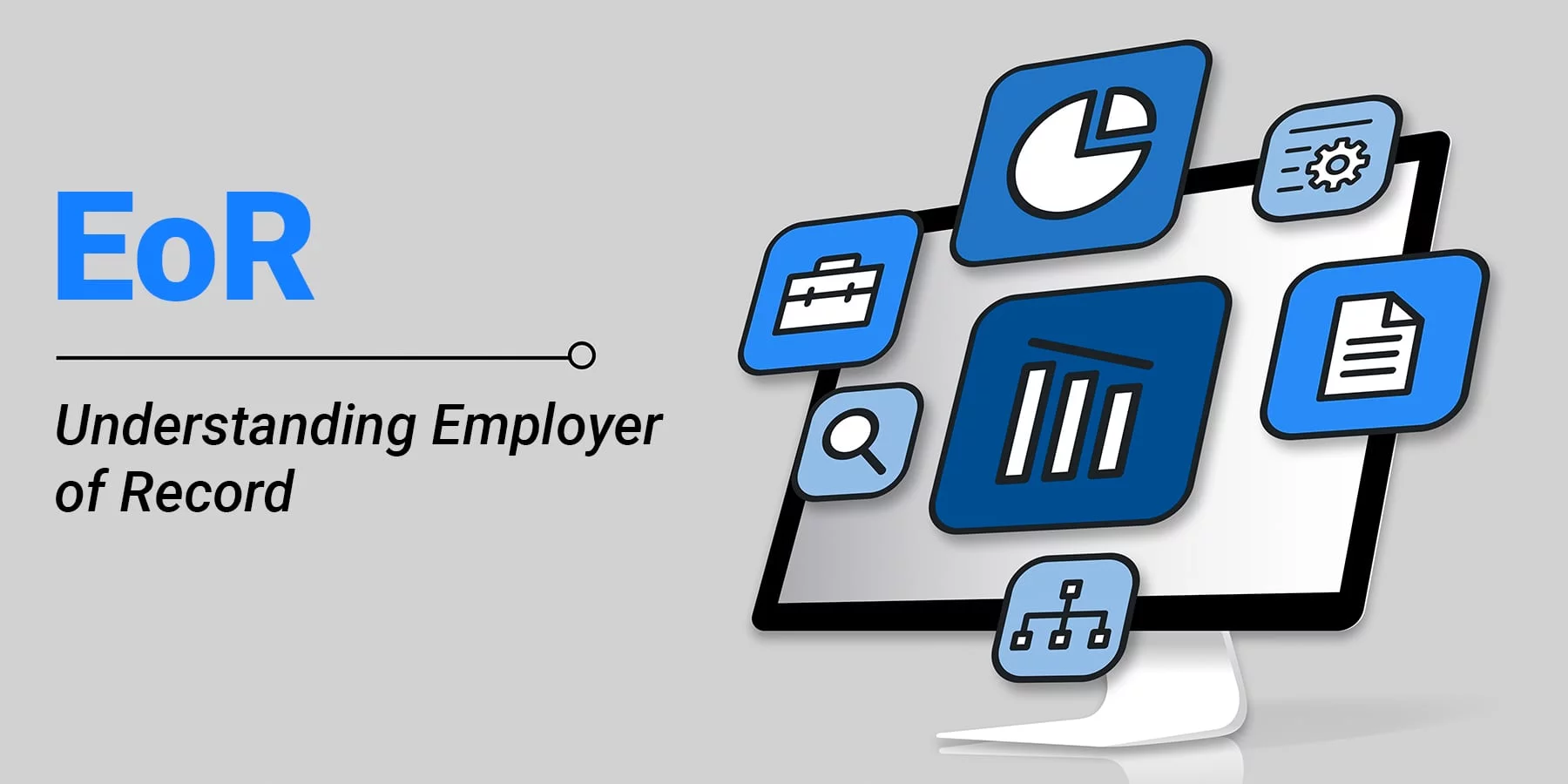An Employer of Record (EOR) is a third-party organization that legally employs workers on behalf of another company. While the client company maintains control over the employee’s daily tasks and work, the EOR handles all legal and administrative aspects of employment. This includes payroll processing, tax compliance, benefits administration, and adherence to local labor laws.
The EOR acts as the "official" employer for legal and tax purposes, but the worker remains under the supervision and direction of the client company.
Kenya has specific labor laws, tax regulations, and statutory obligations that employers must comply with. For foreign companies, navigating these rules can be complex. An EOR simplifies this process by taking on key responsibilities, such as:
-
Onboarding and Contract Management: The EOR ensures employment contracts are in line with Kenya’s labor laws. They handle offer letters, contract drafting, and employee documentation.
-
Payroll and Tax Compliance: Kenyan tax regulations require compliance with statutory deductions like PAYE (Pay As You Earn), NSSF (National Social Security Fund), and NHIF (National Hospital Insurance Fund). The EOR ensures timely deductions, filings, and remittances.
-
Employee Benefits Administration: From health insurance to leave entitlements, the EOR ensures employees receive the benefits they are entitled to under Kenyan labor law.
-
Legal Compliance and Risk Mitigation: Kenyan labor laws are dynamic, with regular updates on employee rights and employer obligations. An EOR stays ahead of these changes, reducing the risk of non-compliance.
-
Termination and Offboarding: Handling employee exits in Kenya requires compliance with specific procedures to avoid wrongful termination claims. The EOR manages the offboarding process, ensuring fairness and legal adherence.
Benefits of Using an EOR in Kenya
-
Faster Market Entry: Setting up a legal entity in Kenya can take months, but an EOR allows companies to start operations and hire employees within weeks.
-
Compliance with Local Labor Laws: Kenya’s labor regulations can be challenging for foreign companies. An EOR provides in-depth legal expertise, ensuring compliance and reducing legal exposure.
-
Reduced Administrative Burden: From managing payroll to handling taxes and employee benefits, an EOR handles it all, allowing companies to focus on their core business activities.
-
Cost Savings: Setting up a local entity can be costly. An EOR eliminates the need for a legal entity, significantly reducing entry costs.
-
Flexibility in Workforce Management: Companies can easily scale up or down their workforce without dealing with the complexities of hiring and termination procedures.
FaidiHR’s Role in Simplifying Employment in Kenya
While an EOR handles the legal employment aspects, managing payroll and HR processes remains critical. This is where FaidiHR comes in. As a cloud-based HR and payroll management platform, FaidiHR simplifies payroll processing, employee benefits management, and compliance tracking. For companies working with an EOR, FaidiHR’s platform ensures accurate and efficient payroll processing, leaving no room for costly errors.
FaidiHR’s automated payroll system integrates seamlessly with EOR providers, offering companies an all-in-one solution for their HR needs. From real-time tracking of statutory deductions to automated payslip generation, FaidiHR makes HR management in Kenya stress-free.
Sign up here for a FREE DEMO.





